Subtle Clues Your Body is Sending You About Kidney Health
You might think of kidney health only in terms of headline symptoms or family history, but there are subtle, early clues worth noticing long before you’d ever be facing a serious diagnosis. The earlier you spot these “soft” alerts, the more opportunities you have to talk with your doctor, modify habits, or simply feel more secure in your own body’s signals. This guide isn’t about stirring up anxiety or prompting unwarranted self-diagnosis—it’s about fostering gentle awareness and empowered self-advocacy. That's why we've expanded our list of clues, to give language and context to real, science-backed body changes that often fly under the radar. Think of them as conversation starters: subtle patterns worth paying attention to, not flashing red lights. Take it at your own pace, and trust that tuning into your body’s quieter messages is a wise, supportive act for anyone—at any age. Here’s what to look for, and why staying kidney-aware can make all the difference in your journey toward thriving well into the future.
1. Changes in Urination Patterns
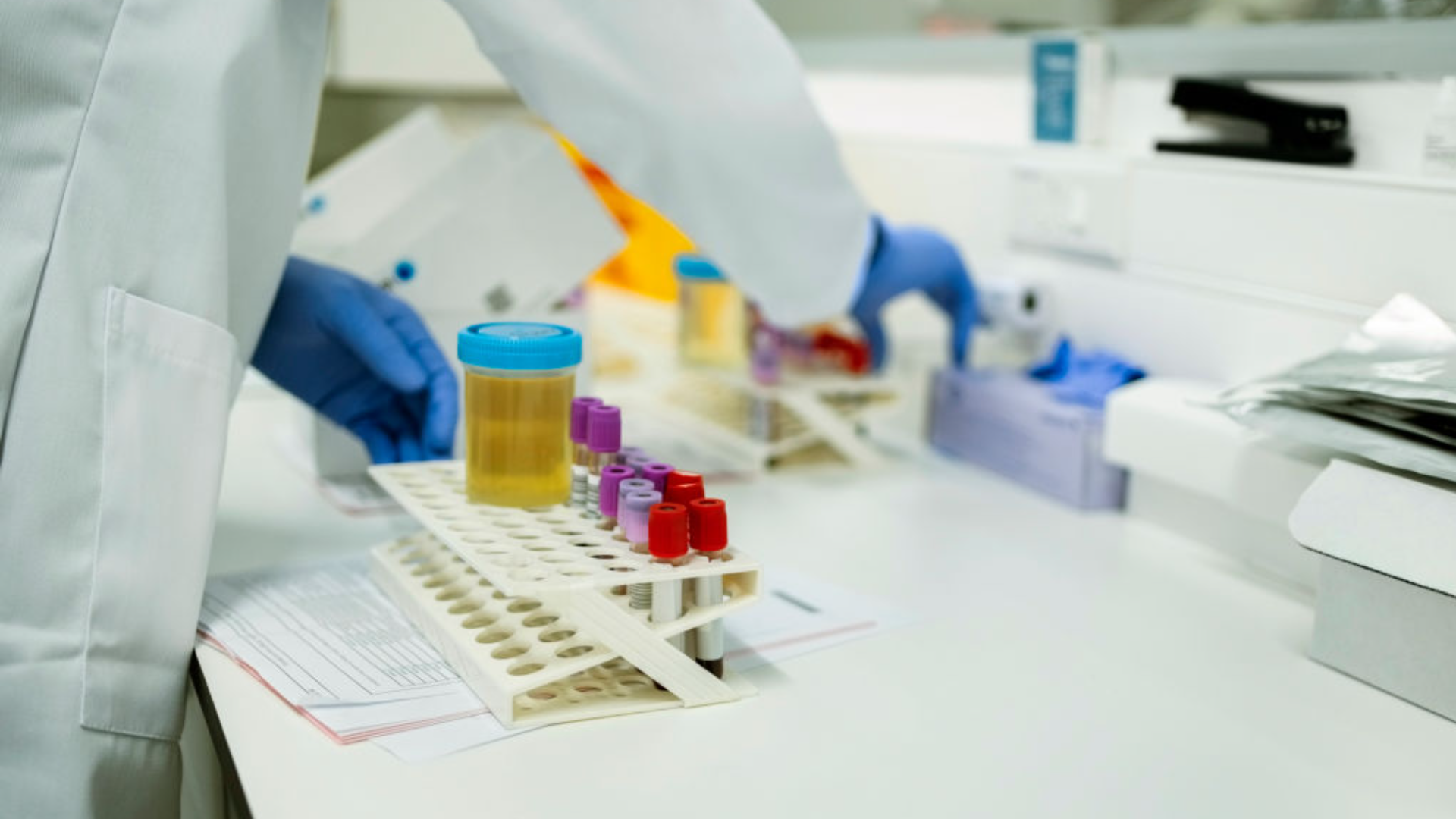
Kidney health often makes its first quiet appearance through subtle differences in the way you urinate. Maybe you notice a shift in how often you need to go, the amount you’re passing, or even the color and appearance of your urine. Some people spot more frequent urges at night, changes in stream, or foaminess that wasn’t there before. Others might find themselves running to the bathroom more—or less—than usual, with urine appearing darker, paler, or taking on a cloudy hue. It’s easy to chalk these tweaks up to hydration habits, caffeine, aging, or even seasonal changes. The truth is that the kidneys’ filtering process is intricately linked to these outwards signs. When they start losing efficiency, waste and fluid levels shift, prompting your body to subtly tweak what you’re seeing in the toilet. Take note of any continued changes, especially if you find yourself dismissing them as “just getting older” or “drinking too much tea.” Tracking patterns over several days, rather than reacting to one-off events, can provide a helpful story to share if you eventually talk with your healthcare provider. Remember, your body changes gradually—and your awareness deserves to grow just as gently.
2. Persistent, Unexplained Fatigue

Fatigue has a way of sneaking into our days, sometimes settling in so gradually we hardly realize it until skipping a workout, laying down earlier, or pouring a third cup of coffee becomes the new normal. But when the kidneys are underperforming, the reason for that deep, lingering tiredness can go far beyond being busy or a few restless nights. As waste products build up in the bloodstream, energy levels dip, making even routine activities feel unusually taxing. If you find yourself constantly worn out despite decent sleep, healthy eating, and ordinary stress, your kidneys may be subtly calling out for attention. This kind of fatigue feels different than the end-of-day exhaustion after an active afternoon—it’s like a car running with less and less fuel, even after filling the tank. Instead of blaming yourself for “laziness” or lack of motivation, see this energy drain as a normal human signal worth investigating. Gently tracking how often this fatigue persists—and whether it improves with rest or sticks around—can help differentiate between everyday tiredness and something your body truly wants you to notice.
3. Puffiness and Swelling (Edema)
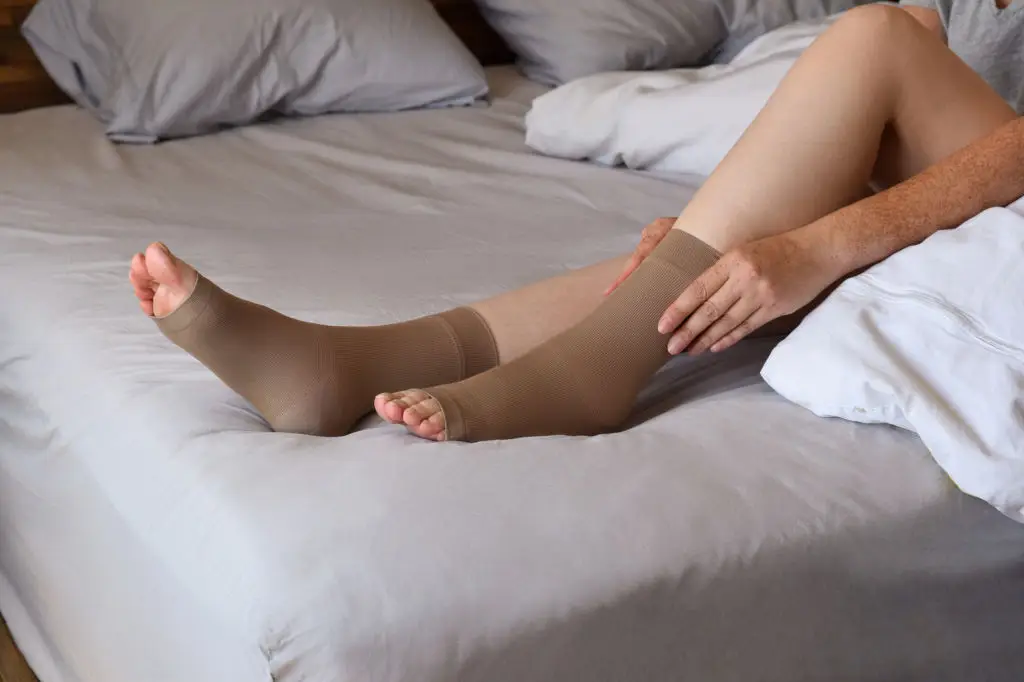
Noticing that your feet look puffier in the evening, or waking up to find your fingers or face a touch more swollen than usual? You’re definitely not alone—and while swelling can have plenty of everyday causes, persistent or unexplained puffiness is also a gentle nudge from your kidneys. These organs act as your body’s built-in fluid managers, keeping extra water and sodium in check. When the balance is disturbed, it often shows up as swelling in places like your ankles, lower legs, hands, or beneath your eyes, especially in the morning. Try paying attention to “ring tightness” or the way socks leave marks on your ankles—patterns, not single moments, tell the real story. Of course, standing on your feet for hours or eating saltier takeout can produce temporary swelling. But if this kind of water retention lingers or keeps returning, it’s wise to check in with your healthcare provider. Addressing it early doesn’t just support your kidneys—it can boost energy, confidence, and comfort, too. Remember, your body’s first whispers deserve just as much respect as its shouts.
4. Sleep Disruption or Restlessness
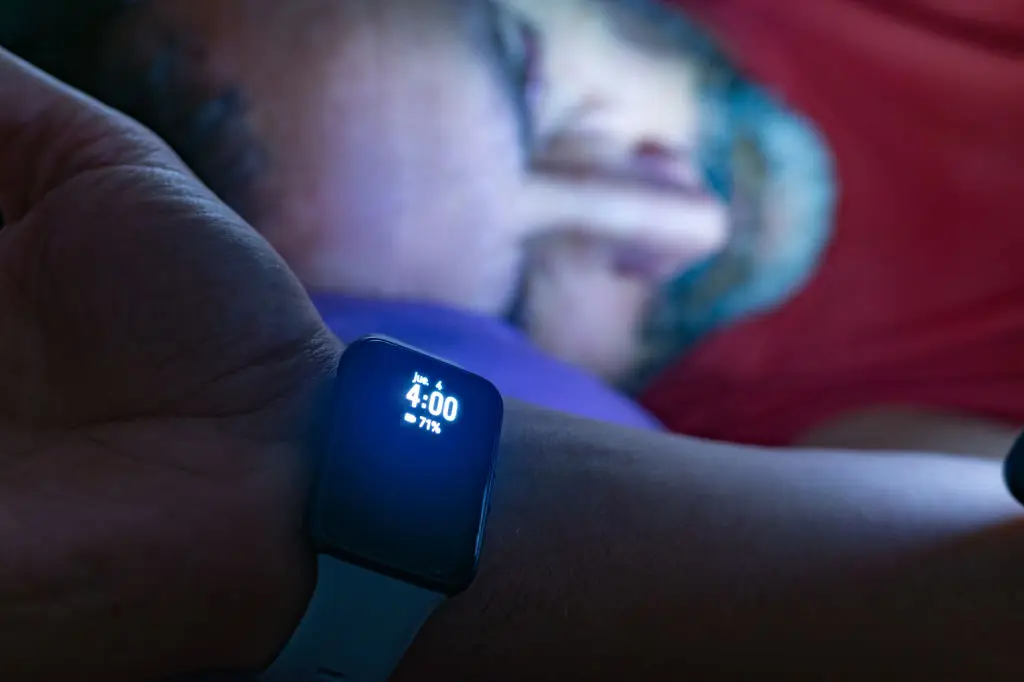
We all know what a rough night’s sleep feels like, but persistent sleep troubles that show up out of nowhere may hold important clues about your kidney health. These organs quietly influence the body’s internal chemistry, helping to clear away waste products that—if allowed to build up—can tweak everything from your breath to your brain’s ability to settle down at night. Some people experience disrupted or restless sleep, waking frequently, or feeling unrefreshed no matter how many hours they clock. You might also notice restless legs, vivid dreams, or trouble winding down, even with your go-to bedtime routine. Tracking sleep challenges over time (rather than blaming that extra cup of tea) can highlight a potential connection to the “hidden” work your kidneys do while you rest. If these changes persist, especially when paired with other subtle signs from this list, consider sharing your experience with a trusted healthcare partner. Supporting your sleep is an act of care—not just for your mind and mood, but for your kidneys as well.
5. Unusual Skin or Itching Changes

Skin is often our body’s first messenger for things going on inside, and the kidneys are no exception. Kidneys filter out waste products—when they lag behind, those byproducts can build up, leading to dry, itchy, or unusually sensitive skin, often misread as eczema or seasonal dryness. You might find yourself scratching more than usual, or feeling uncomfortable “crawliness” that no new lotion seems to help. Itchy skin from kidney issues is typically persistent, affecting broad areas rather than individual spots. Pay close attention if the itching or dryness hangs around for weeks, particularly when paired with other changes like swelling or urination differences. Of course, not every itch points back to your kidneys—but unexplained, ongoing skin shifts are your body’s way of waving a small flag. Rather than brushing off these signals, keep notes, stay gentle with yourself, and check in with your provider if symptoms persist. Every little clue matters.
6. Trouble Catching Your Breath

Ever find yourself unusually winded during a walk or needing to pause to catch your breath even when you haven’t upped the pace? Breathing troubles that are new or unexplainable can have many causes, but kidneys play their own discrete role. When kidney function declines, fluid can build up in unexpected places—including the lungs. Or, if the kidneys start struggling with their job, anemia can develop, robbing your blood of oxygen-carrying power. Some folks notice difficulty breathing when lying flat, while others only feel an edge of breathlessness during everyday activity. These shifts might be blamed on spring allergies, aging, or a touch of nerves, but if breathlessness keeps cropping up without other explanations, it deserves a closer look. Noticing these subtler cues—especially when other signs on this list come along for the ride—can help you advocate for your best health without feeling alarmed or isolated.
7. Muscle Cramps and Twitching

Those odd, sometimes painful muscle cramps that show up out of nowhere—often in your legs or feet—may be doing more than reminding you to stretch. When your kidneys aren’t keeping electrolytes like calcium, sodium, and potassium properly balanced, nerves and muscles get a little jumpy. Cramping or twitching that’s not linked to athletic activity, dehydration, or a recent uptick in exercise can be another gentle flag from your kidneys that balance is off. It’s comforting to know that most muscle cramps are harmless, but if they become a nagging companion, especially alongside fatigue or urination changes, it’s worth making a note. Being aware of when, where, and how often these symptoms crop up can equip you (and your healthcare team) to piece together a full picture—one where every detail counts. Remember, self-awareness always wins over self-blame.
8. Brain Fog or Difficulty Concentrating

Ever feel like you’re moving through your day with a cloud over your mind, having trouble finding words or keeping track of tasks? “Brain fog”—a sensation of decreased clarity, focus, or memory—can be easy to attribute to a million everyday stresses. But if it becomes persistent, it’s also a subtle cue that your kidneys might not be filtering waste well, allowing toxins to subtly affect your brain’s pep and performance. This isn’t about feeling forgetful every now and then but about a sustained sense of “not quite yourself” mentally. Paired with other physical clues on this list, cognitive shifts are worth honoring, not brushing aside. Giving yourself permission to mention mental changes—without fear of judgment—strengthens both your body’s defense and your peace of mind.
9. Appetite Changes or Nausea

When food smells less appealing or you begin skipping meals without meaning to, it’s natural to spot stress, a recent bug, or poor sleep as the culprit. But a drop in appetite or the arrival of stubborn nausea—especially with no clear reason—can also point to early kidney troubles. As these organs filter less efficiently, waste in your bloodstream can throw off the complex feedback loops that control hunger and digestion. If loss of appetite persists for more than a few days, or if “morning queasiness” keeps returning without dietary change, it’s worth jotting it down. Try to keep judgment at bay; appetites wax and wane for many reasons. But patterns are your friend—especially if you pair these changes with others, like swelling or tiredness. Bringing up a timeline with your provider helps them see the full picture, while showing yourself kindness along the way.
10. Unexpected Blood Pressure Fluctuations
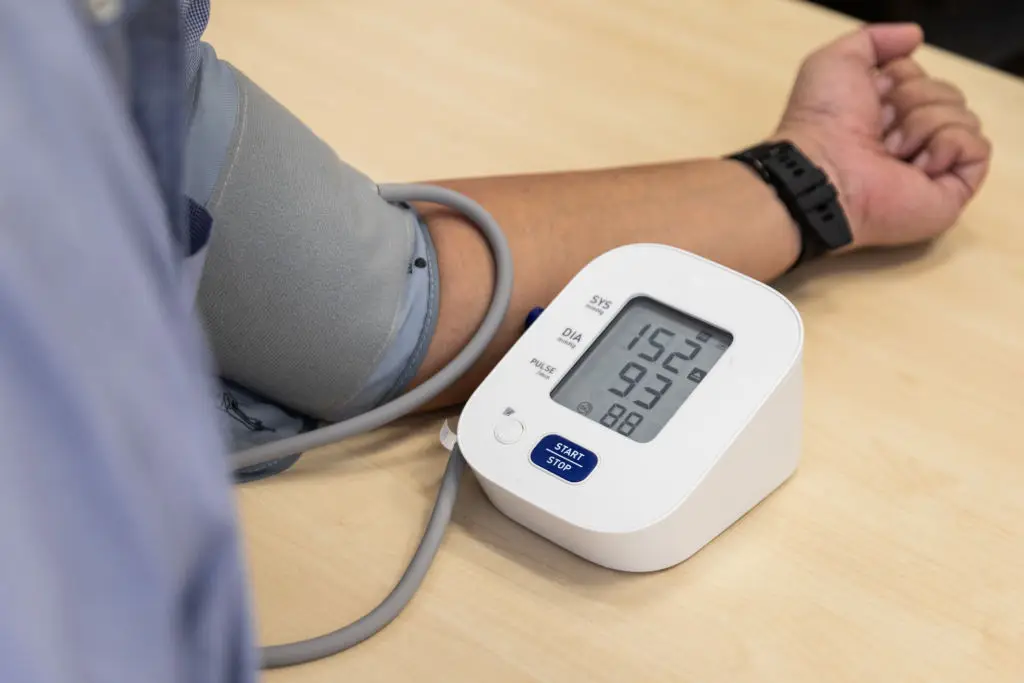
Blood pressure is more than just a number at your yearly physical. Your kidneys play a starring role in keeping those numbers balanced, helping manage fluid and hormone levels. When something’s off, your blood pressure may become the first, or sometimes only, messenger. This could look like higher readings at home after years of normal numbers, or sudden swings between highs and lows. Lots of factors affect blood pressure, so single spikes aren’t always cause for alarm. Instead, watch for ongoing changes—especially if your readings keep nudging higher without big changes in your routine, diet, or stress levels. If numbers tell a different story than usual, ask your doctor how to track them more closely or what other signs might matter. Approaching these shifts with curiosity, not fear, helps transform numbers into tools for your well-being, not sources of stress.
11. Feeling Chilly or Unusual Temperature Swings

Do you find yourself reaching for a sweater when everyone else seems comfortable, or shivering in rooms you once found cozy? Unexplained chills or chronic cold sensitivity—especially if new or persistent—may be your kidneys raising their hand for attention. These organs help regulate metabolism, which in turn affects how well your body manages temperature. Sure, an extra frosty day or an overzealous air conditioner will leave anyone cold. But if temperature troubles are hanging around regardless of season or exposure, they might deserve a spot on your monitoring list. Pairing patterns of chills, or even just feeling “off” with other gentle clues from your body, gives both you and your provider a fuller picture of how well you’re really feeling. It’s another way your body offers a gentle nudge towards balance and self-care.
12. A Metallic or Changed Taste in Your Mouth (Dysgeusia)

One of the most surprising and subtle kidney clues is a persistent metallic or ammonia-like taste in your mouth, a condition called dysgeusia. This isn't just morning breath; it's a constant, unpleasant flavor that often lingers regardless of what you eat or drink. It happens when waste products, which the kidneys normally filter, start to build up in the bloodstream and are released into the saliva. This can also lead to a temporary aversion to certain proteins, like meat. If your favorite foods suddenly taste "off" or you have a strange, chemical undertone to your palate that won't go away, it's a very specific chemical whisper from your body worth tracking.
13. Joint Pain or Stiffness (Gout Association)
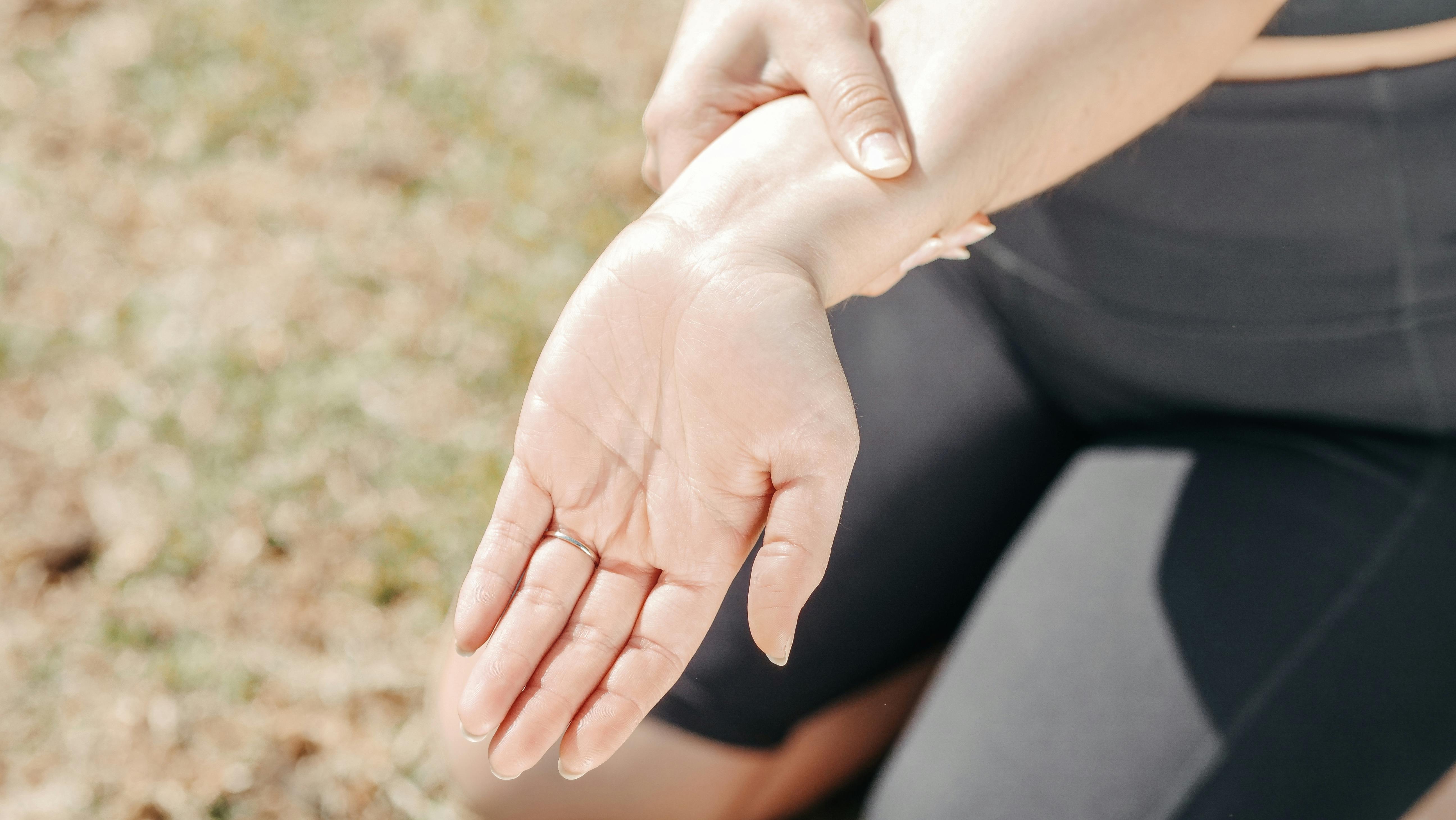
While often blamed on arthritis or old injuries, new or increased joint pain and stiffness can be an indirect signal from struggling kidneys. When kidneys fail to filter waste effectively, they can allow uric acid to build up in the blood. If these levels get too high, the uric acid can crystallize in the joints, triggering a painful condition known as gout. If you experience sudden, severe pain, swelling, and redness in a joint—especially the big toe—it’s a clear sign your body is struggling to manage waste. Noting the frequency and location of joint discomfort can provide a crucial metabolic clue to your healthcare provider.
14. Decreased Sex Drive or Libido Changes

A gradual loss of interest in sex or noticeable changes in libido are common, complex issues often linked to stress, age, or relationship dynamics. However, these changes can also be a quiet, hormonal side effect of declining kidney function. Kidneys help manage hormones and affect overall energy and emotional vitality. When they struggle, the resulting fatigue, hormonal imbalance, and systemic waste build-up can suppress sex drive. If this shift is persistent and happens alongside other subtle physical clues on this list, it’s a compassionate reminder that your body’s overall function, including endocrine health, deserves attention.
15. Unexplained Numbness or "Pins and Needles" (Paresthesia)

Paresthesia—the feeling of pins and needles or numbness, often in the extremities—is usually linked to circulation issues or nerve compression. But it can also be a sneaky signal of chronic kidney issues. As the kidneys struggle, waste products accumulating in the bloodstream can begin to affect and damage the peripheral nerves. This is a form of neuropathy that can start subtly as a mild tingling or a feeling of "heavy" legs, particularly at night. If you experience this persistent or increasing sensory change without a clear orthopedic or diabetic cause, it's the nervous system relaying a hidden kidney message.
16. Subtle Weight Changes (Gain or Loss)
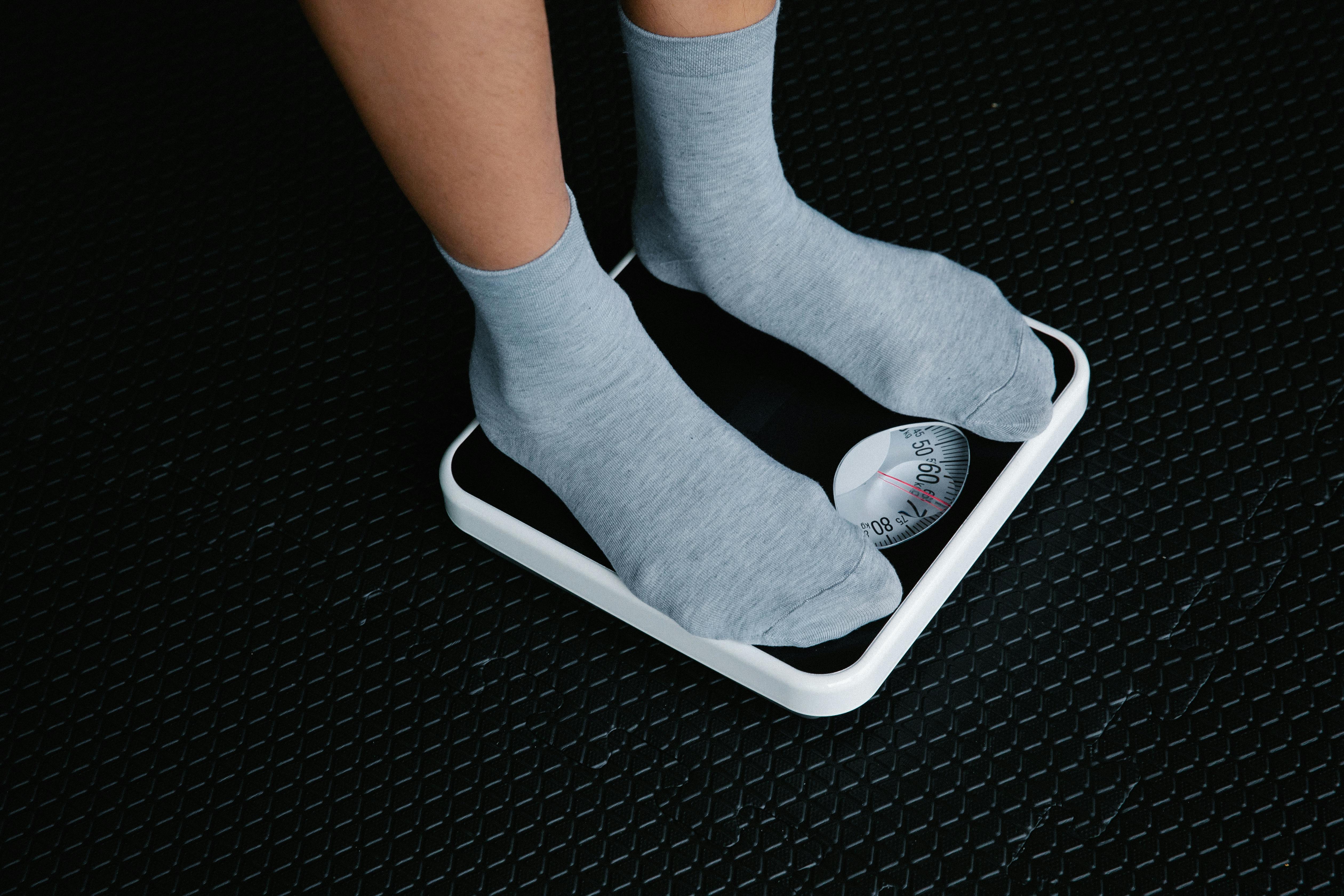
Kidney distress doesn't always trigger massive, sudden changes, but subtle, persistent weight fluctuations can be a clue. Unexplained weight gain may be due to the fluid and salt retention (edema) you already noted. Conversely, a gradual, unintentional weight loss can occur due to the persistent nausea and appetite changes caused by accumulated toxins. If your weight is slowly trending in one direction or the other without major diet or exercise shifts, it's worth noticing. Your bathroom scale can provide a quiet, objective piece of data that helps connect internal imbalance with external, visible patterns.
Gentle Awareness: Your Kidney Health Journey Is Yours To Own

Your body is always in conversation with you—even if it sometimes feels like it’s speaking in riddles. Learning to recognize the subtle clues that your kidneys (and the rest of you) send isn’t about turning yourself into a medical detective or adding new worries to your plate. It’s about honoring the gentle feedback that comes with lived experience, and understanding that positive change starts with noticing, not criticizing. If you’ve spotted one or two signs from this list, there’s no need to panic or rush to self-diagnose. Instead, see these patterns as a gentle invitation to check in—with yourself and your healthcare provider—rather than jumping into alarm mode. Tracking small, persistent changes over time, sharing what you notice, and celebrating your self-awareness are all acts of self-respect, not fear. The wisdom that comes with age and experience is your best guide, and seeking support when your body quietly asks is a truly empowering, compassionate choice. Your kidney health journey may be unique, but you never have to walk it alone.
